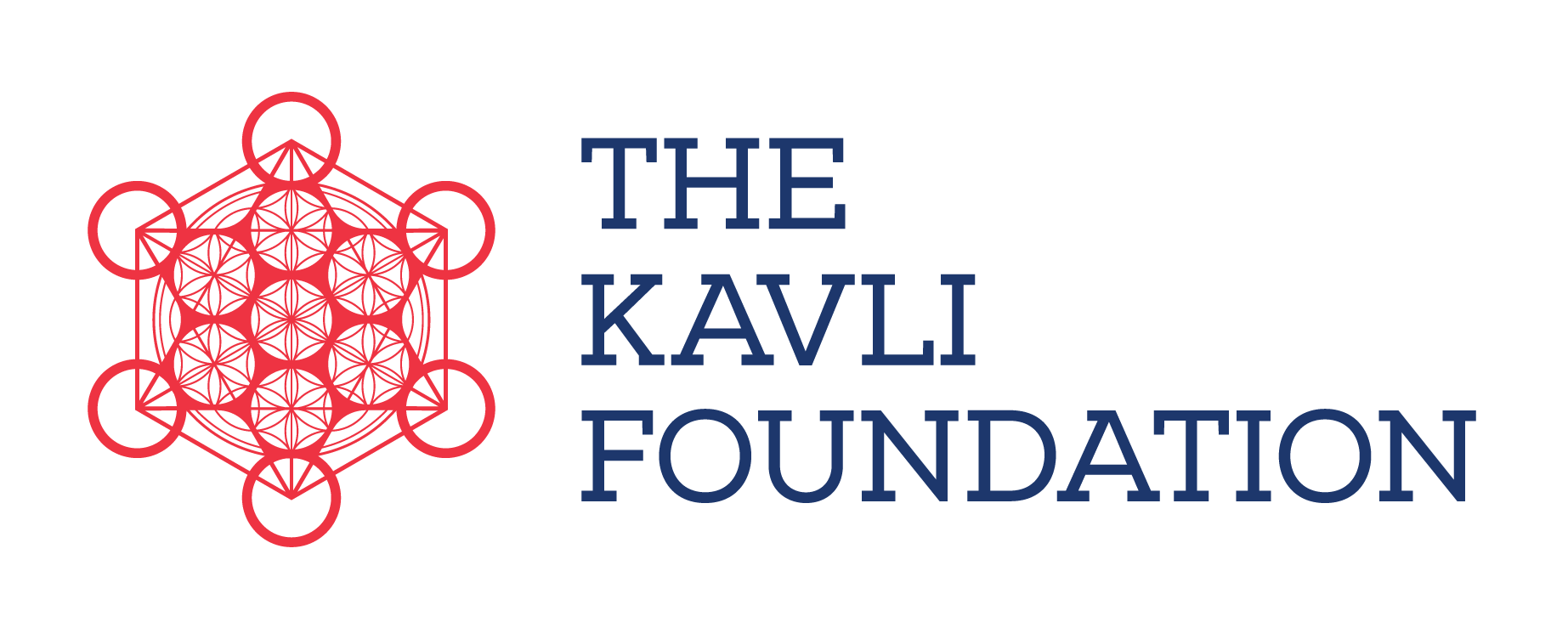October 17, 2019
Kavli Institute for the Physics and Mathematics of the Universe (Kavli IPMU)
A group of University of Tokyo researchers and their colleagues suggest that stereotypical gender role attitudes and negative images of STEM fields of Japanese parents may be associated with girls’ reduced university participation. Providing more information to parents about potential career paths in certain fields after university may be one way to overcome this hurdle.
 In Japan, women’s participation in STEM (Science, Technology, Engineering and Mathematics) fields remains lower than in the west. Japan ranked 110 out of 149 countries on a 2018 gender-gap survey, underscoring Japanese women’s limited participation in the economy and government. However, despite multiple government and industry initiatives, encouraging greater participation across society is challenging in a country where gender role divisions are deeply entrenched.
In Japan, women’s participation in STEM (Science, Technology, Engineering and Mathematics) fields remains lower than in the west. Japan ranked 110 out of 149 countries on a 2018 gender-gap survey, underscoring Japanese women’s limited participation in the economy and government. However, despite multiple government and industry initiatives, encouraging greater participation across society is challenging in a country where gender role divisions are deeply entrenched.
It is known that parents have significant influence on their children’s choice of university field and career. As part of a larger research project looking at why so few women in Japan choose STEM fields at university, a group led by Professor Hiromi Yokoyama at the Kavli Institute for the Physics and Mathematics of the Universe looked at parental influence on girls’ choice of university subject.
“We used a psychological measure of gender role attitudes called SESRA-S to measure parental attitudes, and then looked at how parents felt about girls choosing a range of different fields,” said Yokoyama. “However, we were interested not just in whether they supported girls choosing STEM subjects. We wanted to know why they supported or opposed girls participating in those fields, and also what image they held of each field. We expected that there might be some differences.”
The group used an online survey to canvas 618 mothers and 618 fathers across Japan with at least one daughter who had graduated from university and at least one son. They found that while parents’ showing higher scores on gender equality don’t mind what field girls choose, those with lower scores were opposed to girls choosing any field at university. Over 40% of parents surveyed in this study either “strongly agreed” or “somewhat agreed” with girls’ own choice of any university course. However, in the case of science courses their main reason for agreement was because of the availability of employment opportunities after university, while they regarded the humanities as a suitable area of study for girls.
In contrast, lower scoring parents, while fewer in number, offered different reasons for their opposition for each field:
- information technology (IT), life sciences, mathematics and physics because they don’t know if there are employment opportunities for women;
- agriculture, veterinary science and nursing because they require hard manual labor;
- medicine, dentistry and pharmaceutical sciences because of expensive tuition fees; and
- engineering generally because the field is “not suitable for women.”
“We were quite surprised to see that after pharmacy, IT was the STEM field most favored by parents,” said Yokoyama. “While parents are sensitive to societal changes, some still maintain an image of engineering as not suitable for women, despite strong demand for female talent from across engineering fields. It may be that STEM fields need to update their image. We know that parents with positive attitudes towards gender equality can support girls going to university, so it is essential that we improve attitudes towards gender equality of society as a whole.”
The research group hopes to model societal factors that affect girls’ decision to choose STEM fields and use international comparisons to understand differences in low levels of female student participation across different STEM fields.
Paper details
Journal: International Journal of Science Education
Title: Parental egalitarian attitudes towards gender roles affect agreement on girls taking STEM fields at university in Japan
Authors: Yuko Ikkatai (1), Atsushi Inoue (2), Kei Kano (3), Azusa Minamizaki (4), Euan McKay (5), and Hiromi M Yokoyama (1)
Author affiliations:
1. Kavli Institute for the Physics and Mathematics of the Universe (WPI), The University of Tokyo Institutes for Advanced Study, The University of Tokyo, 5-1-5 Kashiwanoha, Kashiwa, Chiba 277-8583, Japan
2. Nippon Institute for Research Advancement, Tokyo, Yebisu Garden Place Tower, 34th Floor 4-20-3 Ebisu, Shibuya-ku, Tokyo, 150-0013, Japan
3. Graduate School of Education, Shiga University, 2-5-1, Hiratsu, Otsu, Shiga, 520-0862, Japan
4. Kobayashi-Maskawa Institute for the Origin of Particles and the Universe, Nagoya University, Furo-cho, Chikusa-ku, Nagoya, Aichi 464-8602, Japan
5. Division for Strategic Public Relations, The University of Tokyo, 7-3-1, Hongo, Bunkyo, Tokyo, 113-0033, Japan
DOI: https://doi.org/10.1080/09500693.2019.1671635 (Published October 17, 2019)
Research contact
Hiromi Yokoyama
Professor
Kavli Institute for the Physics and Mathematics of the Universe
University of Tokyo
E-mail: hiromi.yokoyama_at_ipmu.jp
* please change _at_ to @
Media contact
Motoko Kakubayashi
Press officer
Kavli Institute for the Physics and Mathematics of the Universe
University of Tokyo
TEL:+81-04-7136-5980
E-mail:press_at_ipmu.jp
* please change _at_ to @






